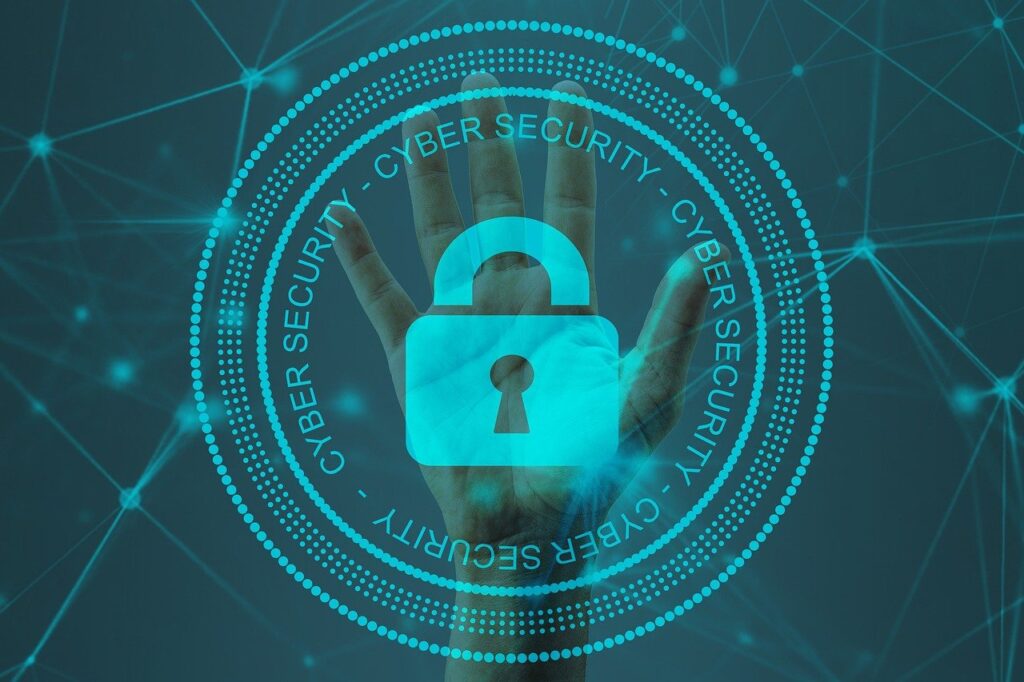
Educating your employees on cyber security falls roughly into a two-pronged approach.
First, you need to give them the knowledge they need to stay alert to the activities of cybercriminals. Secondly, you must pass on skills and techniques that protect your organisation’s data and systems from digital attacks.
Why do employees need to be educated on cyber security?
Cybercrime has increased substantially in the past few years, despite the growing sophistication of technology to combat the problem. To put that in context, by August 2021, the UK’s yearly total for losses due to cybercrime and fraud had already crossed the £1.3bn threshold. This was part of a threefold spike in cases handled by the National Fraud Intelligence Bureau in the first half of the year.
It’s not all about orchestrated attacks on big businesses either. These figures reflect thousands of individuals and small business owner-managers who have fallen prey to digital fraud. They are losses that may well have been preventable, and which possibly arose from one inadvertent keystroke or a simple failure to act.
What can a business do to educate its workforce on cyber security?
The level of training needed for your staff will depend on their role in handling sensitive data, and whether they will be using devices remotely or in the field, for instance. You may have personnel who need advanced and constantly updated coaching in identifying and responding to cyber threats. However, there are things that you need to educate all employees about.
What are the threats?
It’s vital to equip employees with a strong awareness of contemporary cybercrime methods. By now, the importance of not clicking on dubious websites or downloading fringe software may be widely understood. However, many digital threats are hidden within emails; something many staff use on a daily basis.
Your team need clear instruction on the risks of opening unverified email attachments or giving out financial information without proper authority, for example. Under awareness-raising, you should also cover the importance of using strong passwords, and some of the ways weak ones can leave your organisation’s data badly exposed.
How to keep data and systems safe?
Employees also need online or in-person support to gain competence and confidence in the cyber protection tools you use, as well as any processes that keep data private and secure and help you to remain compliant with legislation.
For example, do your staff understand how Microsoft Office 365 uses its advanced threat protection (ATP) to manage risks hidden in email attachments and links? Or, how your internet firewall works?
They also need to know how to keep devices secure with software updates.
More fundamentals of good practice
Your cyber security education for employees should include the fundamentals of device security, like not leaving phones in cars, and data confidentiality when using public networks.
Some staff will also need to be provided with insights on how to spot cyberattacks such as malware and ransomware, including clear instructions on how to respond to potential issues quickly and decisively.
How can businesses keep on top of cyber security awareness?
Maintaining good levels of employee awareness runs alongside regularly assessing whether your organisation has the latest email security measures, data protection systems and software updates. Then, you can let your staff know that you are continuously investing in cyber security. This demonstrates what high priority it is and acts as a platform for refreshing their role in protecting your organisation’s data and business systems.
The same goes for new threats and trends in the world of cybercrime. Letting your staff know what suspicious activity ‘looks like’ helps to maintain a constant state of alertness and readiness to respond.
Learning from mistakes is important too. This doesn’t necessarily mean a ‘blame and shame’ culture. Instead, you could use the lessons you learn as a company to tighten up your cyber security awareness and control.
As mentioned above, your employees’ ability to keep your data and business systems protected is dependent on constant updates, just like your IT software! You also need to regularly evaluate how well your staff understand the threats, your systems to manage them, and their role in remaining vigilant.
Cybercriminals and hackers with malicious intent are constantly perfecting their craft and finding new ways to compromise or steal data. So, it stands to reason that there is no room for complacency when it comes to cyber security.
In other words, with so much to lose, you need to educate your staff on cyber security, check they understand, and constantly restart from the beginning!